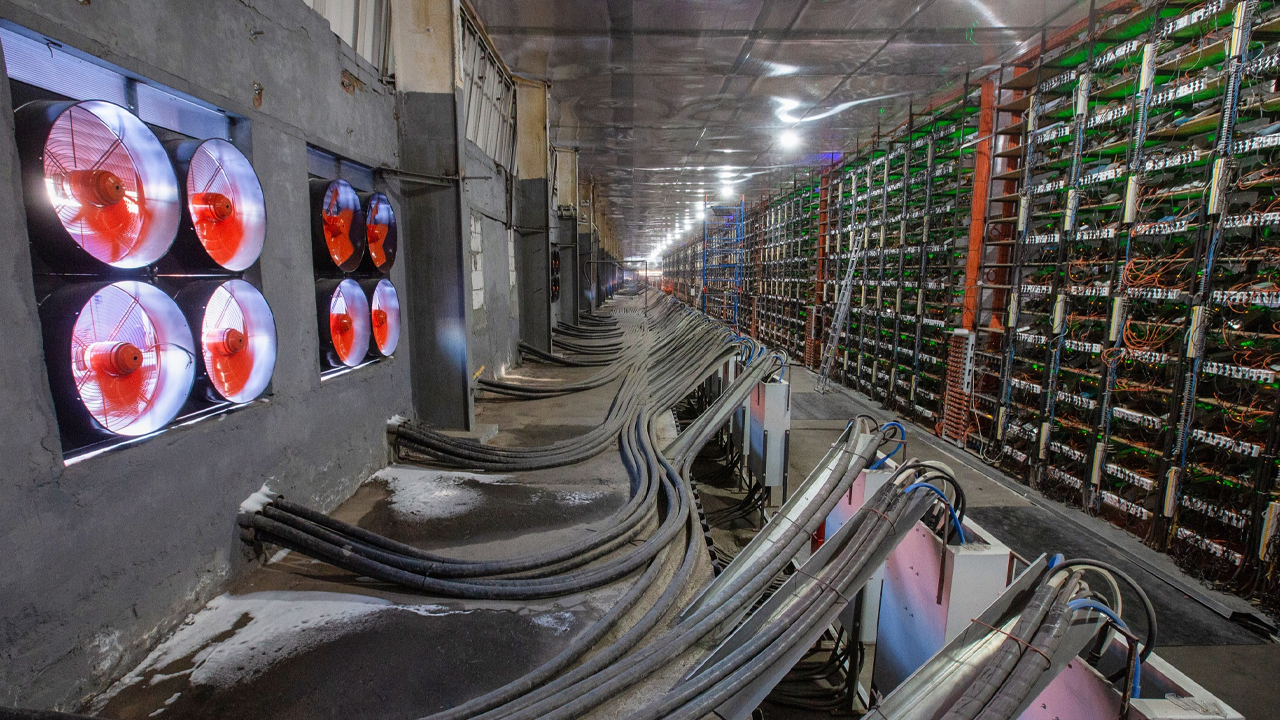Despite Significant Difficulty and Low BTC Price, Bitcoin’s Hashrate Continues to Climb Higher – Mining Bitcoin News
3 min read
Following the largest difficulty increase the Bitcoin network has seen in 2022, the network’s hashrate has not been affected by the 13.55% increase. In fact, five days ago at block height 758,138, the network’s computational power surpassed the all-time high (ATH) recorded on October 5, as it reached 325.11 exahash per second (EH/s) on October 11. Moreover, block generation intervals have been less than ten minutes per block, which means another notable difficulty increase is expected to happen on October 23.
325 EH/s — Bitcoin’s Hashrate Taps Another ATH Following the Last Difficulty Retarget
It’s been six days since Bitcoin’s last difficulty retarget, which saw the largest rise this year when the metric jumped 13.55% higher than the difficulty setting codified 2,016 blocks before block 758,016.
Despite the difficulty increase and bitcoin’s (BTC) U.S. dollar value sliding to $18,183 on October 13, the network’s computational power has remained red-hot as another all-time high record (ATH) was recorded on October 11.
On that day, Bitcoin’s hashrate reached 325.11 EH/s at block height 758,138, which is a 1.23% increase since the hashrate ATH recorded on October 5, at block height 757,214. At the time of writing, according to statistics from coinwarz.com, BTC’s total hashrate is just above the 289 EH/s zone.
The up-tempo hashrate has made it so block times are considerably faster than the ten-minute average. Data shows that the current BTC block generation time is around 8.22 minutes and if the speedy block generation time continues, another pronounced difficulty rise in the cards.
Top 3 Bitcoin Mining Pools Command 50 EH/s Each
Even after the 13.55% difficulty rise, estimates indicate that on October 23, the difficulty is expected to increase by 3.59% to 5.5%. Over the last three days, 470 blocks were mined and the mining pool Foundry USA captured 101 blocks out of the total mined in 72 hours. Foundry commands 21.49% of the global hashrate or 57.08 EH/s.
In fact, the top three mining pools have more than 50 EH/s of hashrate per pool, which means three-quarters of the chain’s computational power is backed by Foundry, Antpool, and F2pool. There’s currently 12 known BTC mining pools today dedicating SHA256 hashpower toward the Bitcoin blockchain, and 2.13% or 5.65 EH/s is controlled by unknown hashrate otherwise known as stealth miners.
Profits are still super tight for miners, and bitcoin mining profits are at all-time lows at under $70 per petahash per second (PH/s). With electrical costs at 0.05 nominal U.S. dollars per kilowatt hour (kWh), a Bitmain Antminer S19 XP with 140 terahash per second (TH/s), gets a much smaller profit today at $1.43 per day in BTC profits.
What do you think about Bitcoin’s hashrate remaining red-hot and recording new all-time highs despite the lower price and high difficulty rating? Let us know what you think about this subject in the comments section below.
Image Credits: Shutterstock, Pixabay, Wiki Commons
Disclaimer: This article is for informational purposes only. It is not a direct offer or solicitation of an offer to buy or sell, or a recommendation or endorsement of any products, services, or companies. Bitcoin.com does not provide investment, tax, legal, or accounting advice. Neither the company nor the author is responsible, directly or indirectly, for any damage or loss caused or alleged to be caused by or in connection with the use of or reliance on any content, goods or services mentioned in this article.
Read disclaimer






